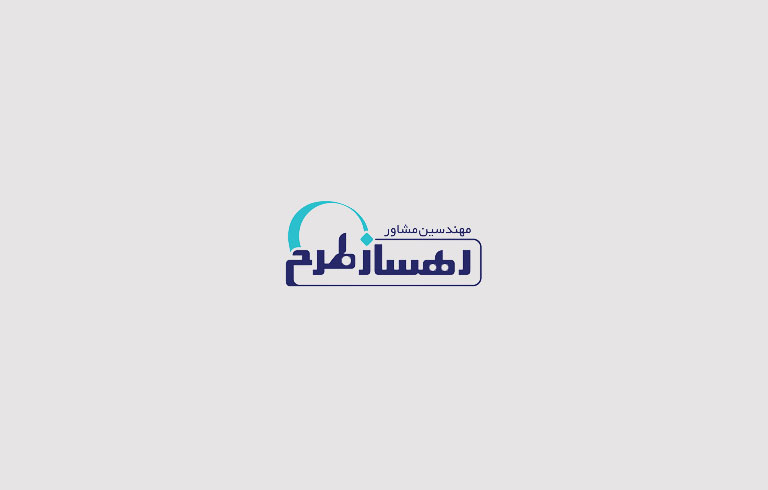
LINE 10 METRO OF TEHRAN, TEHRAN, IRAN (L10-TM)
Factors Description Services Engineering and Design, Construction and Supervision Name of Project Line 10 metro of Tehran Employer / Client Tehran Urban and Suburban Railway Co. (TUSRC) Contact Information of the Employer Website address: https://metrogroup.tehran.ir/ Email: info.metro@tehran.ir Phone No: (0098) 21 7724 4041 Contract Number 410011/02 Type of Contract The phase two design is carried out by the RahsazTarh consulting engineers Co., approved by the project manager, and executed by the contractor (4 elements). Contract Duration Ongoing Date of Start Mar 2023 Date of Finish Ongoing Duration of the Project Ongoing Key Project Characteristics The Tehran Metro Line 10 spans over a distance of 48 kilometers It intersects with most of the existing Tehran Metro lines, including Lines 1, 2, 3, 4, 5, 6, and 7 It consists of 37 stations Engineering geological units of soil materials along the tunnel route: fine-grained and coarse-grained soil materials including ET1, ET2, ET3, ET4, and FL The estimated number of passenger trips is around 19,286 per hour in each direction, denoted as PPHPD Type of excavation machine: earth pressure balance tunnel boring machine (TBM-EPB)-HERRENKNECHT TBM transport system: locomotive wagon Direction of project: western part to eastern part of Tehran Challenges and Difficulties Passing through the vicinity of tall buildings with deep excavations and underground spaces supported by arcs and temporary anchors. Operational limitations in relation to the slope of the route, considering the mechanized transport system, consisting of locomotives and wagons. Constraints and challenges pertaining to the engineering design of the route: Lake Station: Involves the entry shaft of the Tunnel Boring Machine (TBM) and the essential fix point for the route. Koohsar Station: Features an intersection with Tehran Metro Line 6 and imposes restrictions on both vertical and horizontal distances. Olympic Station: Requires crossing the Karaj River after the station, serving as an interchange station with Tehran Metro Line 9. It also includes a TBM support shaft and a complex station structure. Jannat Abad Station: Involves TBM exit shaft number one and entry shaft number two. It also requires the construction of an underpass at the intersection of Niayesh-Jannat Abad, and faces the challenge of accommodating a water channel. Addressing and coordinating all these constraints requires an efficient engineering design. Iran Shahr Station: Positioned within a fault zone, it faces issues related to land ownership and workshop equipment, ultimately resulting in the relocation of the station. Ashrafi Station: The station faces a design challenge due to the presence of the Farahzad channel at a height of 10 meters. The construction of the station required effective solutions to cross under the channel or elevate above it. Ketab Station: Serves as an interchange with Tehran Metro Line 7, with shaft support at Ketab Square, facilitating the operation of the excavated route from Lake Station to Ketab Square. Atisaz Station: Situated within a fault zone and requires passage between two sets of towers (Atisaz and Baghe Behesht). Description of services Research: Investigation into the second phase design of the plan and profile of route 10 of the Tehran metro Studies on drainage and water barriers Assessment of settlement and risk analysis of surface structures within the tunnel corridor Design: Development of the second phase of the tunnel and associated structures Design of instrumentation and monitoring layout for the tunnel Design the pressure at the tunnel face and pressure at the chamber of earth pressure balance machine Design of segmental grout injection Planning for the geometric design of segments Structural design of tunnel segment covering in normal and critical sections (structures, urban facilities, openings) and the provision of relevant reports and maps Design of phase-two mid-tunnel ventilation systems and emergency exits Solution to Overcome Obstacles The engineering design of the project's route effectively addressed various challenges, such as navigating through buildings with deep nailing without causing damage, overcoming operational constraints related to wagon slope, and accommodating the depth limitations of one of the project's stations. The project route requires an effective and well-planned engineering design to address the challenges previously described in the “DESCRIPTION OF SERVICES” section. Achievements The study and project reports were effectively and satisfactorily prepared. The project's engineering route was successfully and efficiently designed to address the challenges and limitations encountered along the project path.
March 2023 Road